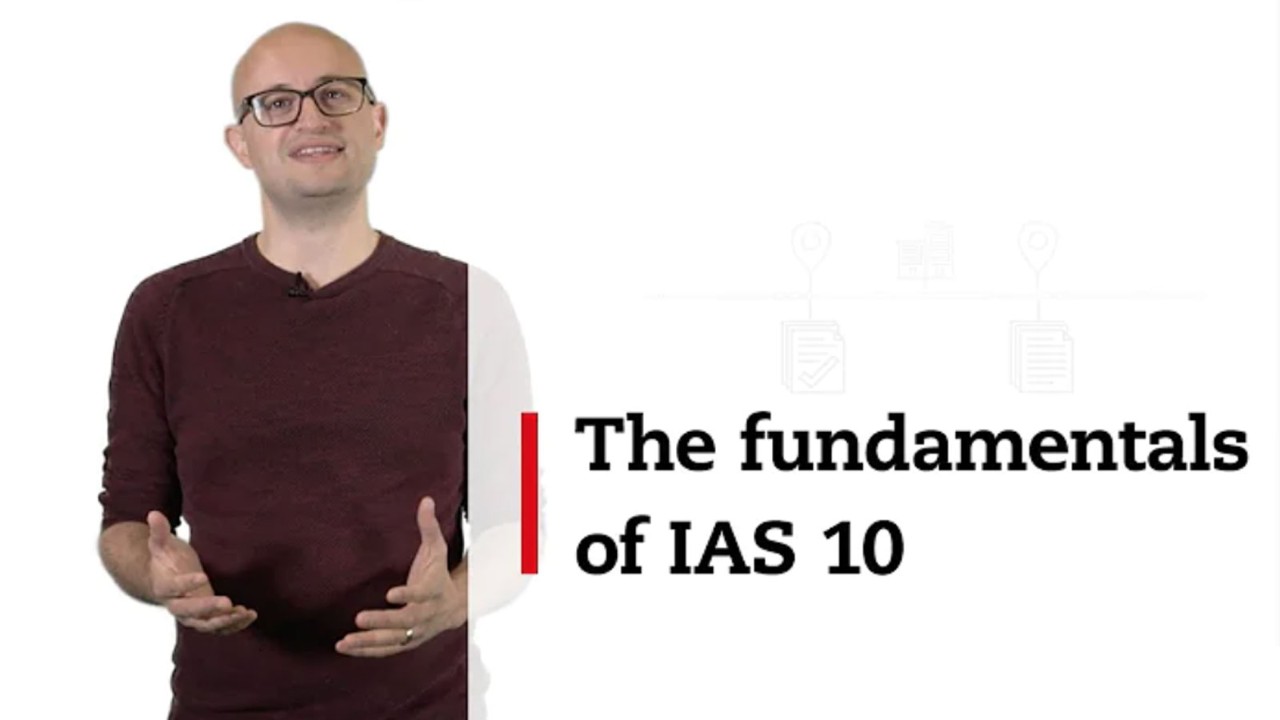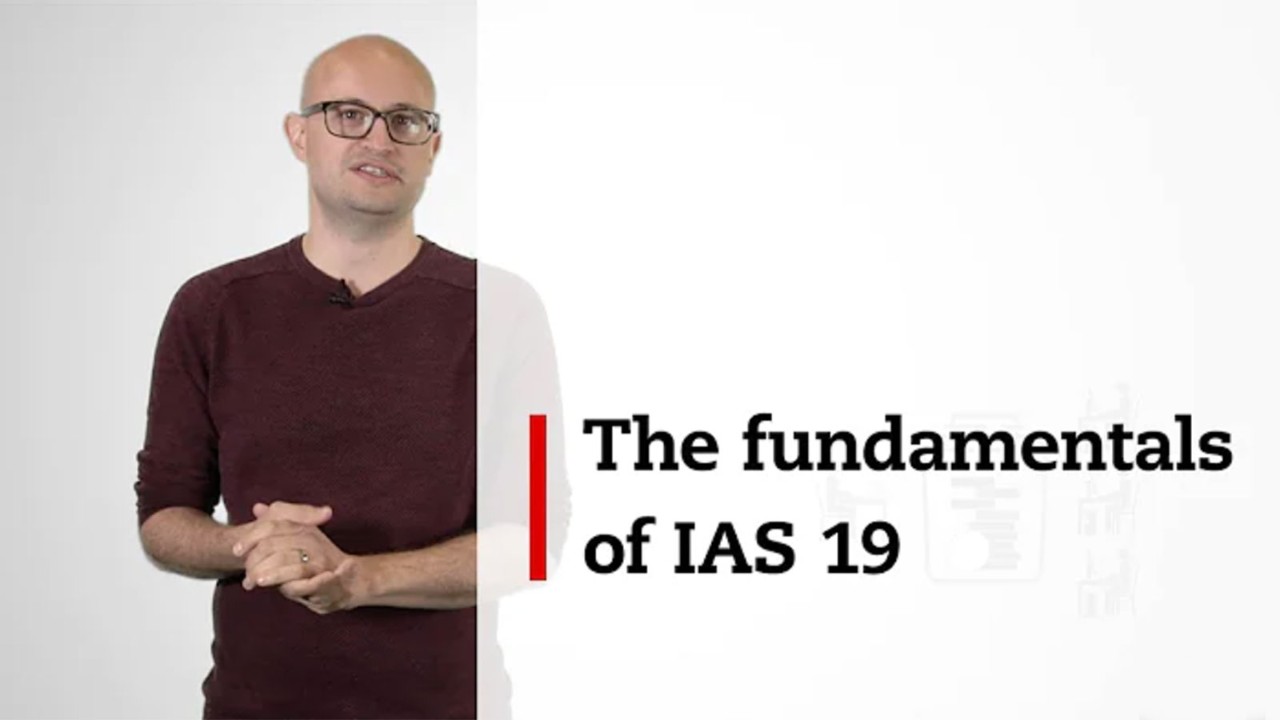
Investment migration – whereby individuals can gain citizenship or residence rights in return for investments – is having a moment. Since the Covid-19 outbreak, a growing number of countries have announced plans to introduce or expand their investment migration offerings.
This year alone has seen Kenya, Oman, Russia, Saudi Arabia, Zanzibar and the UAE announcing initiatives to allow either long-term residence or citizenship for foreign nationals, provided they bring economic or cultural benefits to their new countries.
More than 100 countries have some form of investment migration legislation in place and there are more than 60 citizenship-by-investment (CBI) or residency-by-investment (RBI) programmes active globally. In terms of the industry’s overall size, CBI contributes around US$3bn a year and the much larger RBI about US$15bn, putting the industry as a whole at nearly US$20bn annually.
‘Investment migration is not only a source of income, but also a proven driver of foreign direct investment’
Case study
Originally from India, Saad Maniar FCCA, senior partner at Crowe UAE in Dubai, was invited by the UAE’s Ministry of the Economy to apply for its ‘golden visa’ programme, which would afford his family security for 10 years without the need for a sponsor. Despite accountancy not being on the list of high-demand professions in the country, he was successful.
He says: ‘I give credit to ACCA for making me the person I am today, which has been recognised by the UAE government. Being one of the very few accountants to receive a golden visa, I’m overwhelmed by the recognition, and I hope that more accountants will be eligible for such recognition.’
States benefit
Dominic Volek, head of private clients at residence and citizenship planning specialist Henley, considers investment migration a sensible, sustainable approach that is a win-win for sovereign states and investors alike.
‘It provides a direct injection of liquidity into a country’s economy, relieving stress on the national treasury without tying the country into debt-based obligations,’ he says. ‘Moreover, it’s not only a source of income, but also a proven driver of foreign direct investment.’
For example, Malta’s economy was struggling in the wake of the global financial crisis. Just years after the launch of the citizenship programme in 2014, the country had one of the highest growth rates and one of the lowest unemployment levels of any EU member state. Between 2017 and 2019, Malta was able to report annual budget surpluses for the first time in decades.
By the end of June 2019, Malta had raised direct revenue of almost €835m (US$975m), seen property sales exceed €141m, earned rentals of €90m and received investments in government bonds of over €160m. ‘Results like these are virtually impossible to achieve using traditional ways and means of public finance,’ says Volek.
In 2019, the revenue raised by Antigua and Barbuda’s CBI programme grew 66% year on year to US$98.9m – approximately 12% of total government revenue. The country’s prime minister Gaston Browne said: ‘Our non-tax revenues, principally the earnings from the CBI programme, performed much better than our tax revenues. This underscores the vital importance of CBI to our economy.’
Investment migration is often associated with high-net-worth individuals and their families, but RBI and CBI schemes are also used to entice entrepreneurs, encourage business, and attract and retain skilled individuals, who then contribute to local economies.
The millionaire population of New Zealand, for example, has grown by 30% since 2016 and is anticipated to rise by 72% by 2026. The rise is partly a result of the country’s exemplary management of the pandemic, but also of its policy of encouraging wealthy and qualified individuals to relocate there.
Gold-plated client advisory
Investment migration was once dominated by nationals from emerging economies who had limited global mobility or who suffered from political and economic volatility and/or uncertainty. However, demand has become far more plural, with strong interest coming from mature economies such as the US, Canada and the UK, and from Asia, the Middle East and Africa – in particular, India, Nigeria and the Philippines.
One thing many people who take the investment migration route share is a desire to reduce risk, secure stability and security for their families and legacies, and increase and diversify their options and opportunities. Having a suite of residences and citizenships can help achieve these aims.
Key considerations
There are three advisory areas accountants need to cover when a client is considering applying for a CBI or RBI scheme:
- Tax: Would it be beneficial for the client to be tax-domiciled in the target country, and what would be the risks? How mature and stable is its tax policy? What are the implications for existing savings, pensions and property ownership and earnings? Is the client prepared for their tax and financial situation becoming more complex and its management more costly? They might also have to juggle how many days they spend in the target country and the origin country to legitimise tax domicile status.
- Business: Can the client run a business from the new country and would they even want to? Are there benefits from and incentives for moving a business or starting a new one in the target country? What are the corporate and individual tax implications and incentives? The client might need to start or invest in a business as part of the scheme – are they prepared for that financially? Buying or investing in real estate is a common RBI criteria, but is the client aware of minimum value rules? Will they live there? How will they choose and manage their investment?
- Lifestyle: Will the new country provide stability, opportunity and security for the client? Making an international move, while exciting, can be stressful – are they prepared for this? How stable is the government and society? What about the health and education systems? Is having no credit score a concern?
As an accountant you won’t be expected to know the ins and outs of every country’s CBI and RBI regimes, or the implications for every client who decides to take them up. However, given the growing popularity of such schemes, it’s worth doing some homework now so that you are informed and ready to help with due diligence. It will be good for client retention, and could open a door to a new service.




